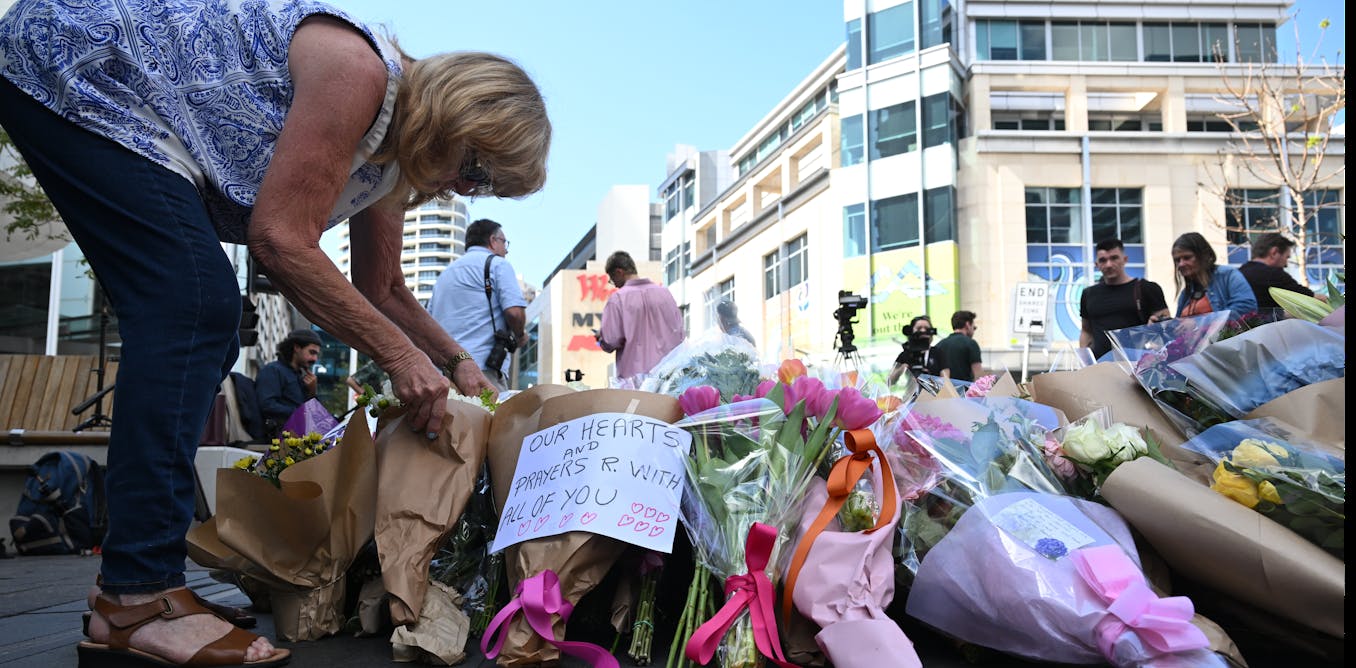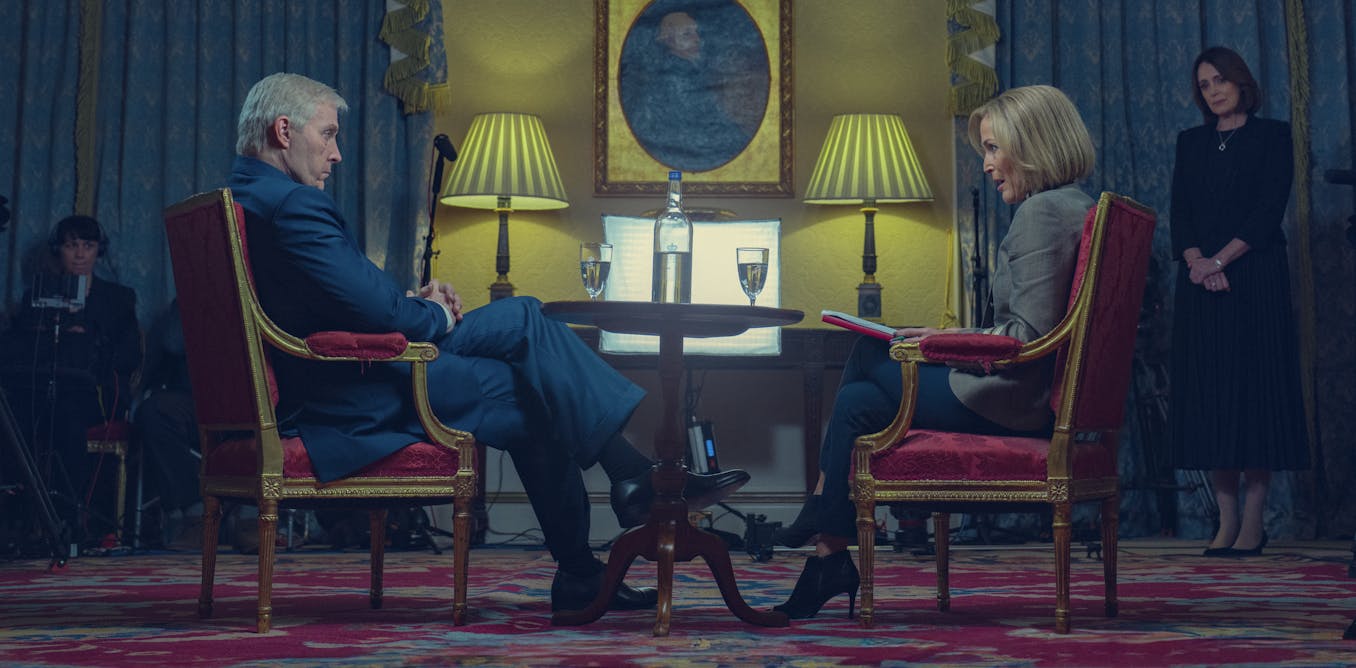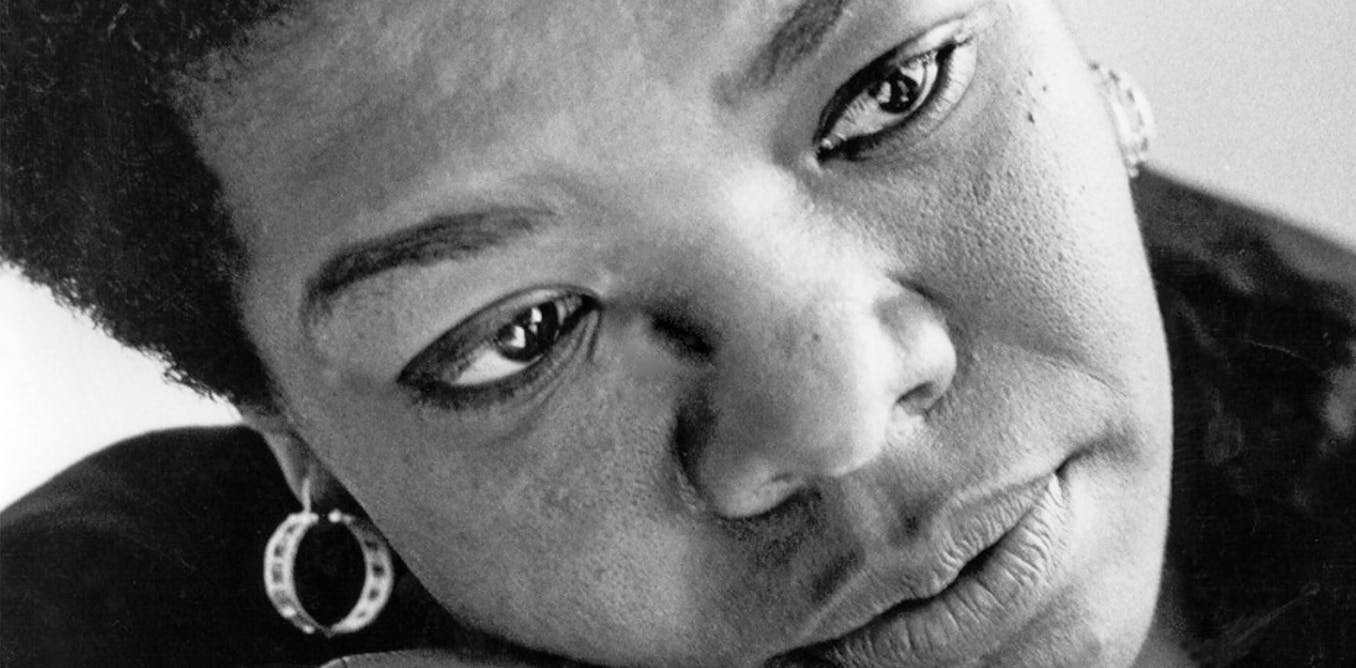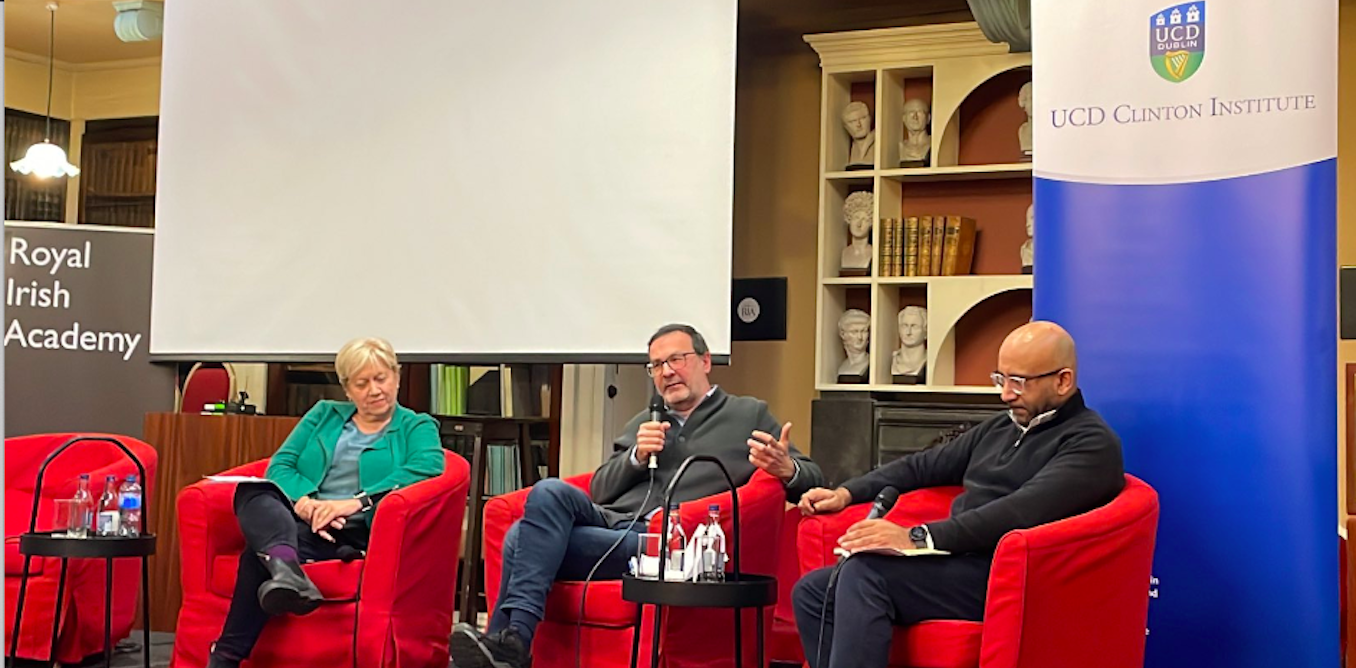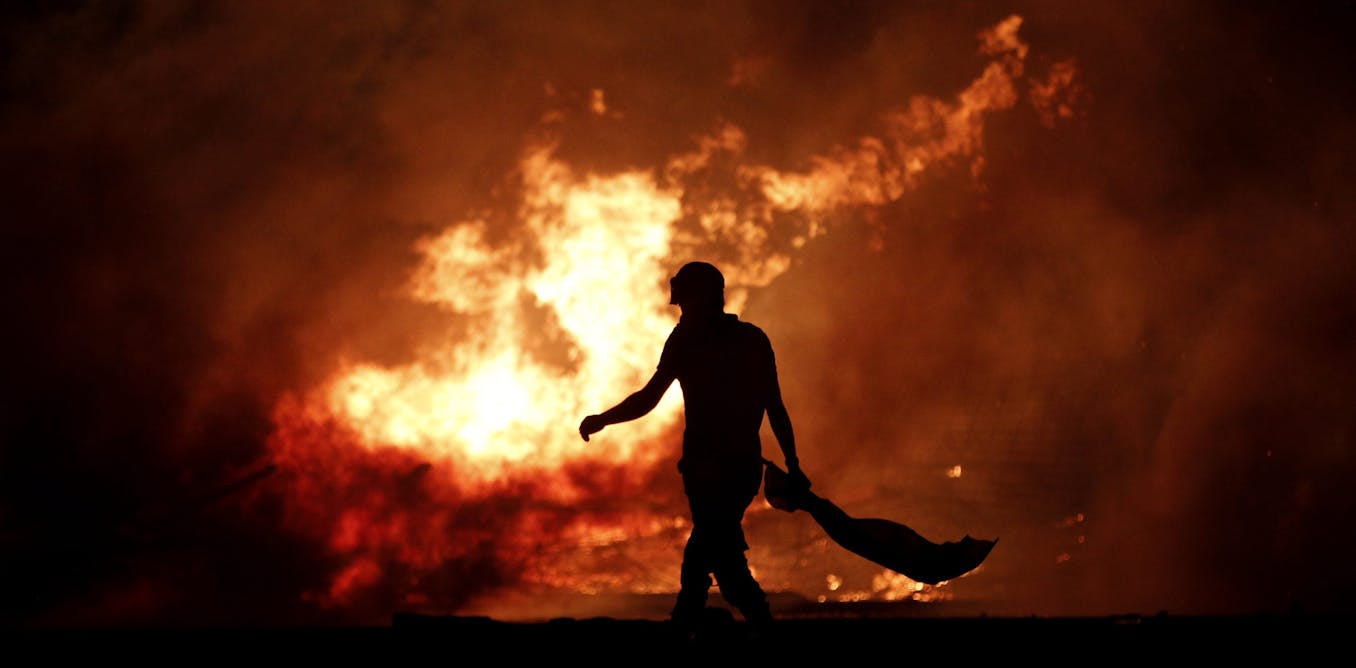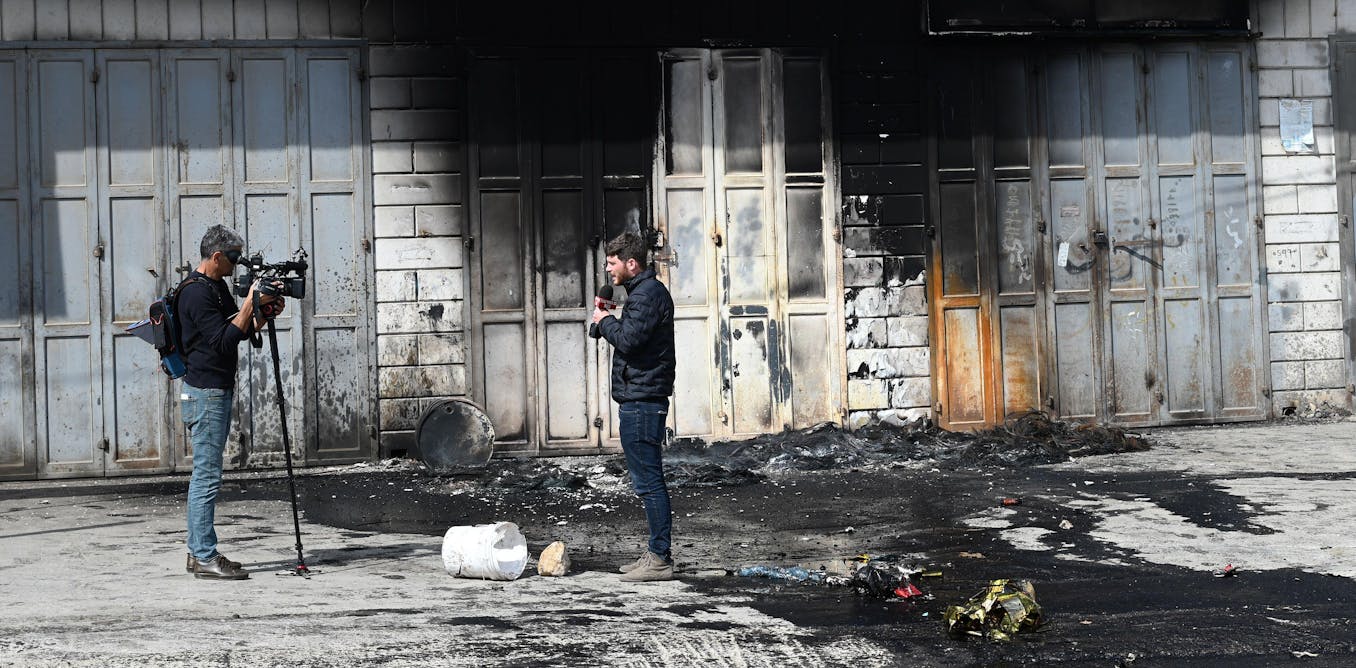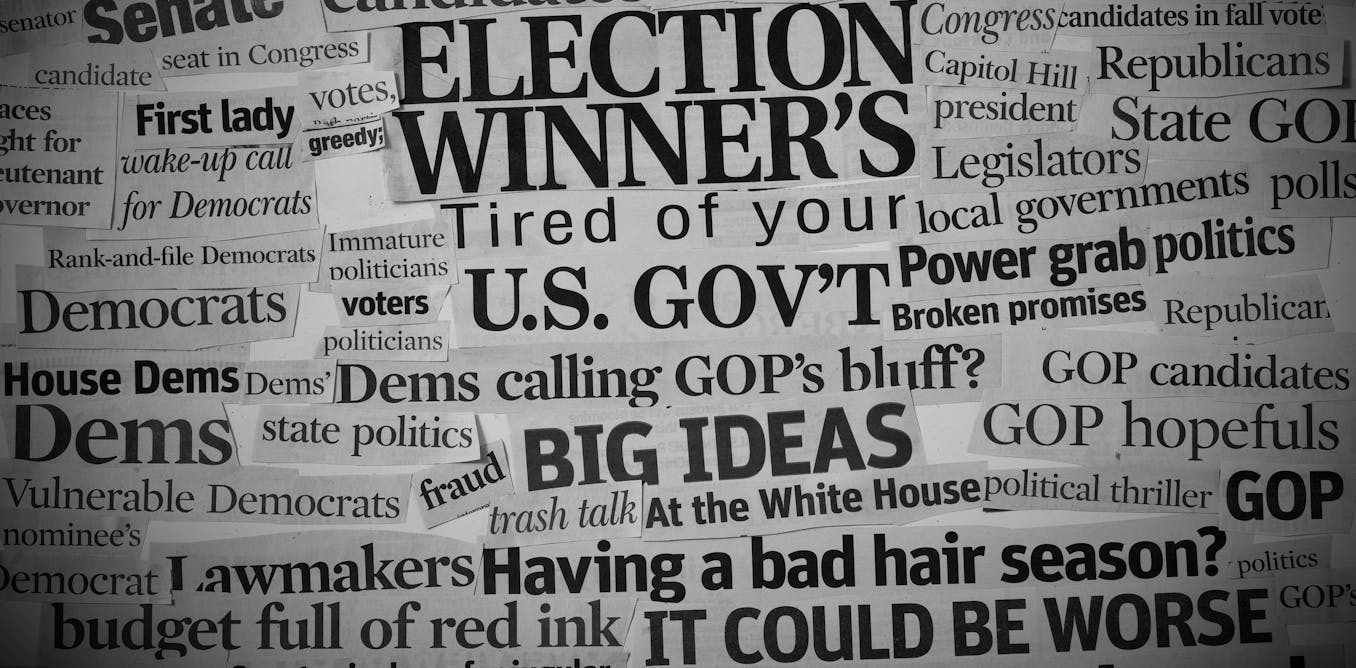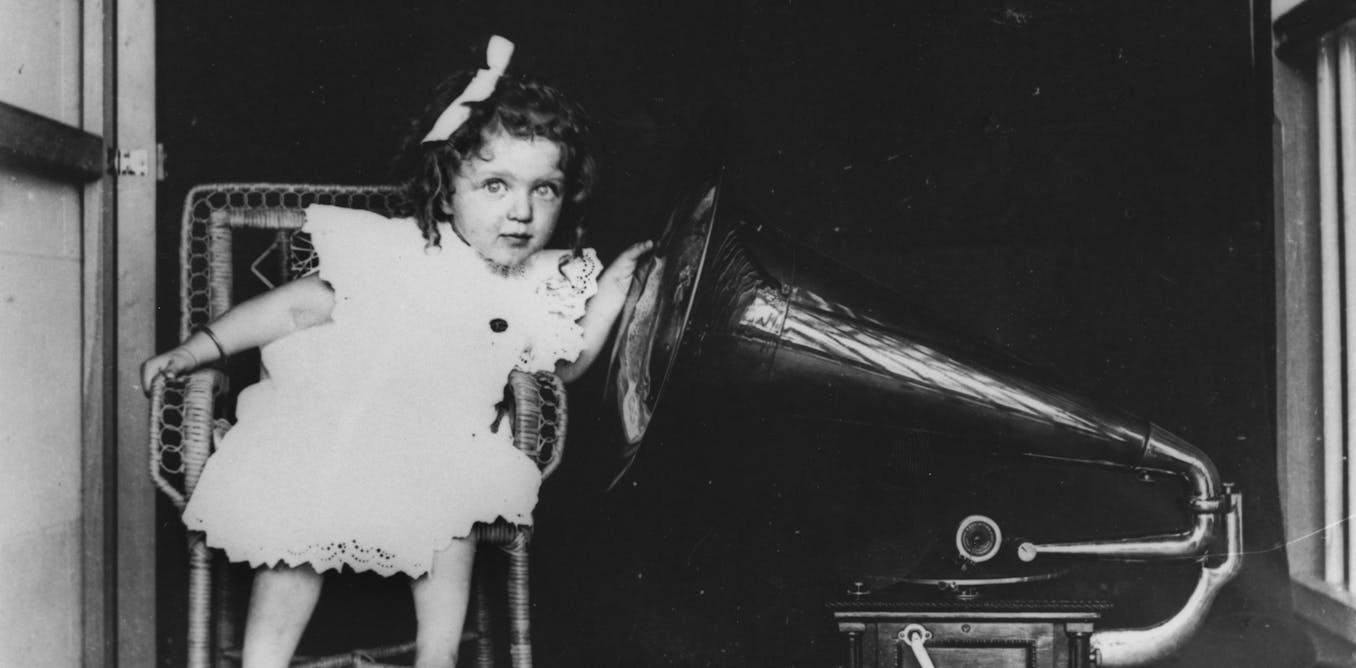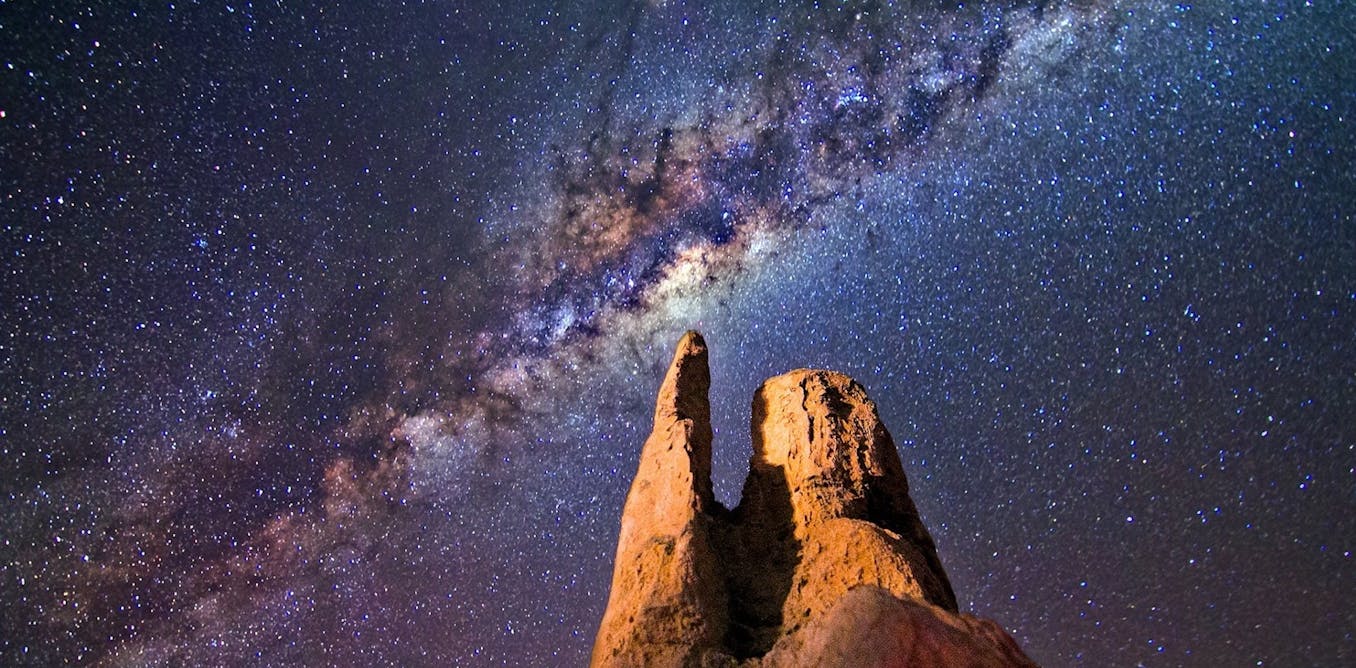Journalism students see an industry in crisis. It’s time to talk about it
Journalism educators need to have new conversations with students that address their experiences, their worries and their understanding of what journalism is and what they want it to be.
The Conversation > Journalism
Bri Lee’s and Louise Milligan’s predictable first novels combine noughties feminist politics with the swagger of 80s bonkbusters
The debut novels of two forceful, intelligent journalists are bold, brash stories of powerful women at the top of their game. One details a horrific sexual crime, the other ugliness in the art world.
The Conversation > Journalism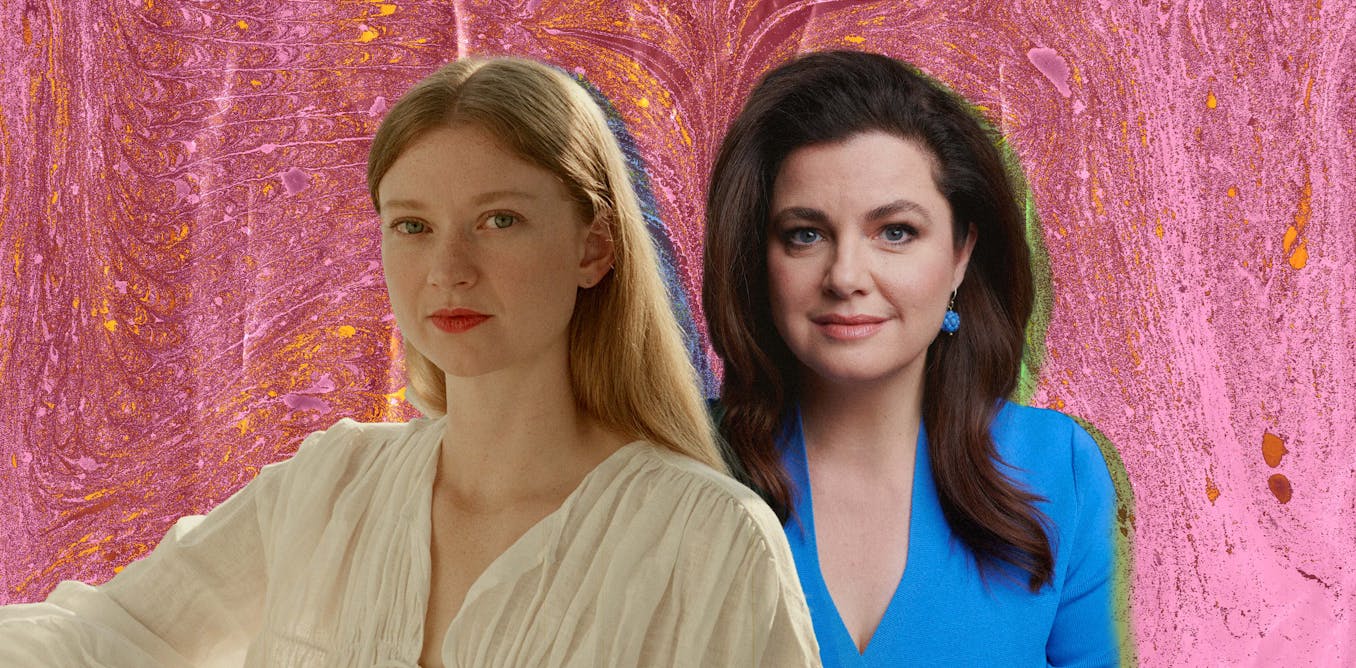
US media coverage of new science less likely to mention researchers with African and East Asian names
This bias in science journalism seems not to be due only to pragmatic concerns about time zones or the language spoken in the country where the scientist is based.
The Conversation > Journalism
A Palestinian bus crash that killed six kindergarteners represents an oppressive system –but a father’s story offers hope
Nathan Thrall’s harrowing account of an avoidable tragedy doubles as a devastating analysis of the everyday realities of occupation, in the context of Palestinian and Israeli history.
The Conversation > Journalism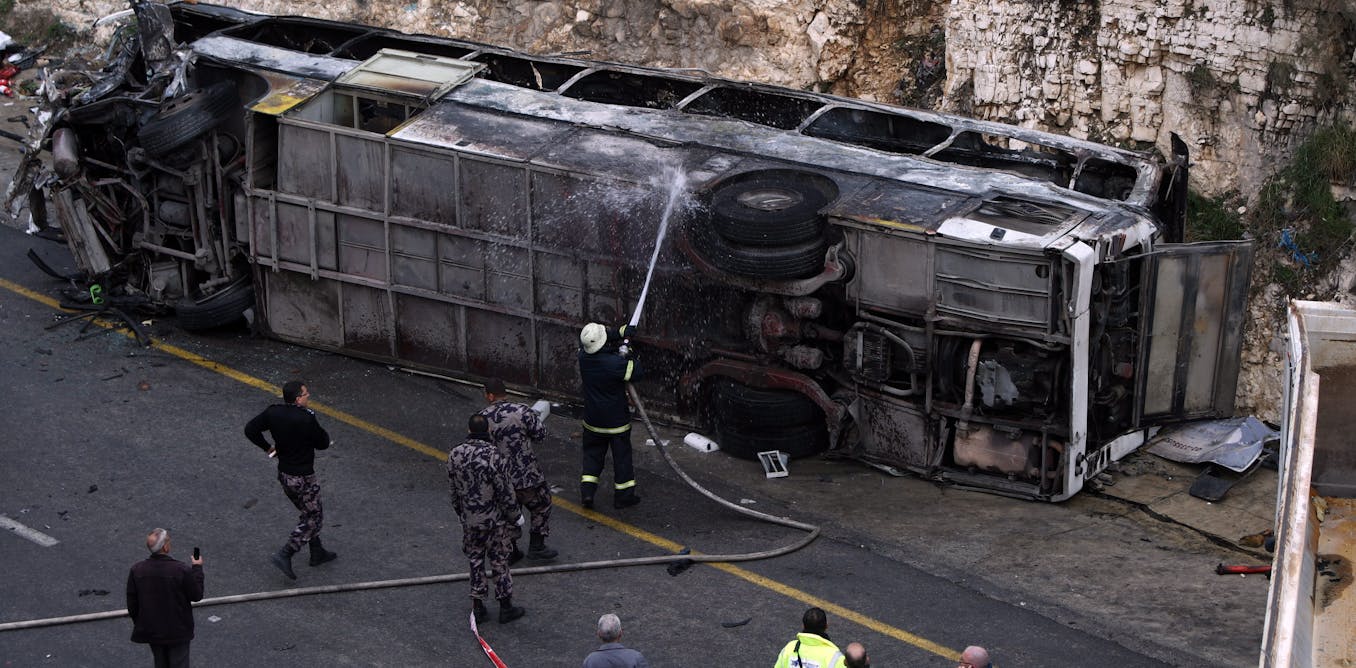
How will Meta’s refusal to pay for news affect Australian journalism – and our democracy?
Meta’s announcement it will stop paying for news poses a threat. High-quality news is expensive, but important. Do we need economic measures that somehow get the public to pay for it?
The Conversation > Journalism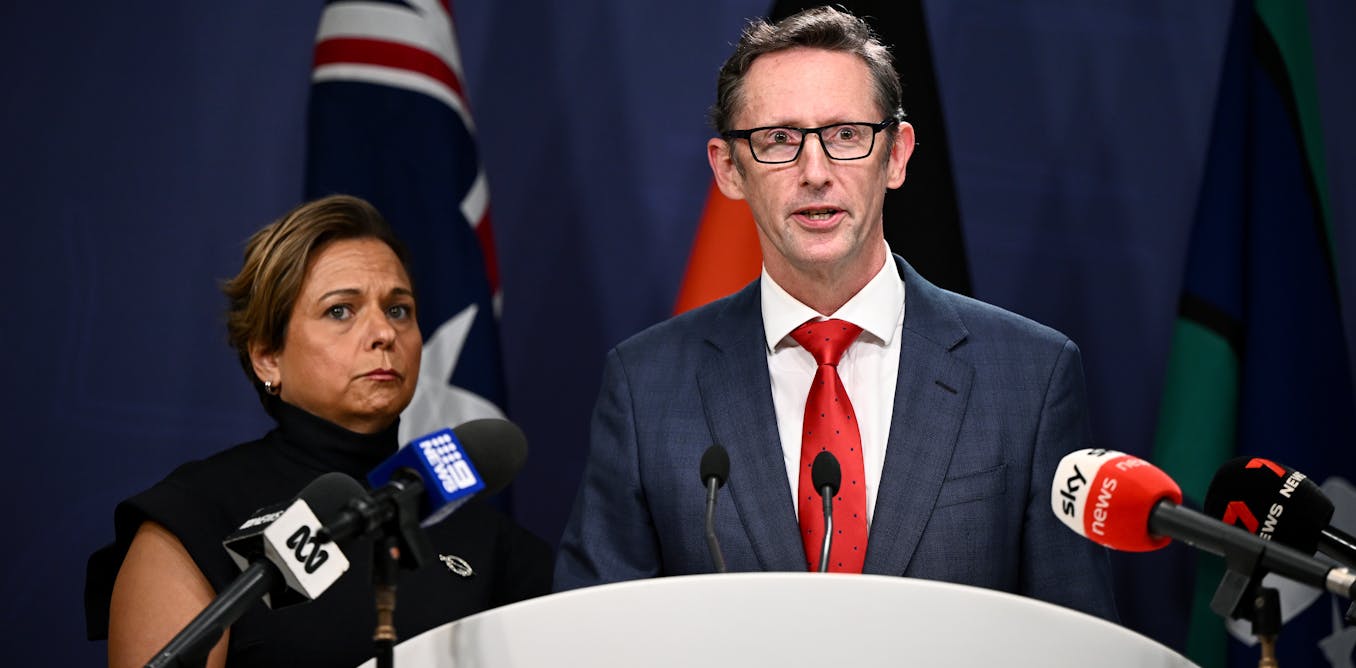
With the end of Newshub, the slippery slope just got steeper for NZ journalism and democracy
It’s been 35 years since Aotearoa New Zealand’s first private network brought real competition in the television news market. Yesterday Warner Bros Discovery announced an end to all that.
The Conversation > Journalism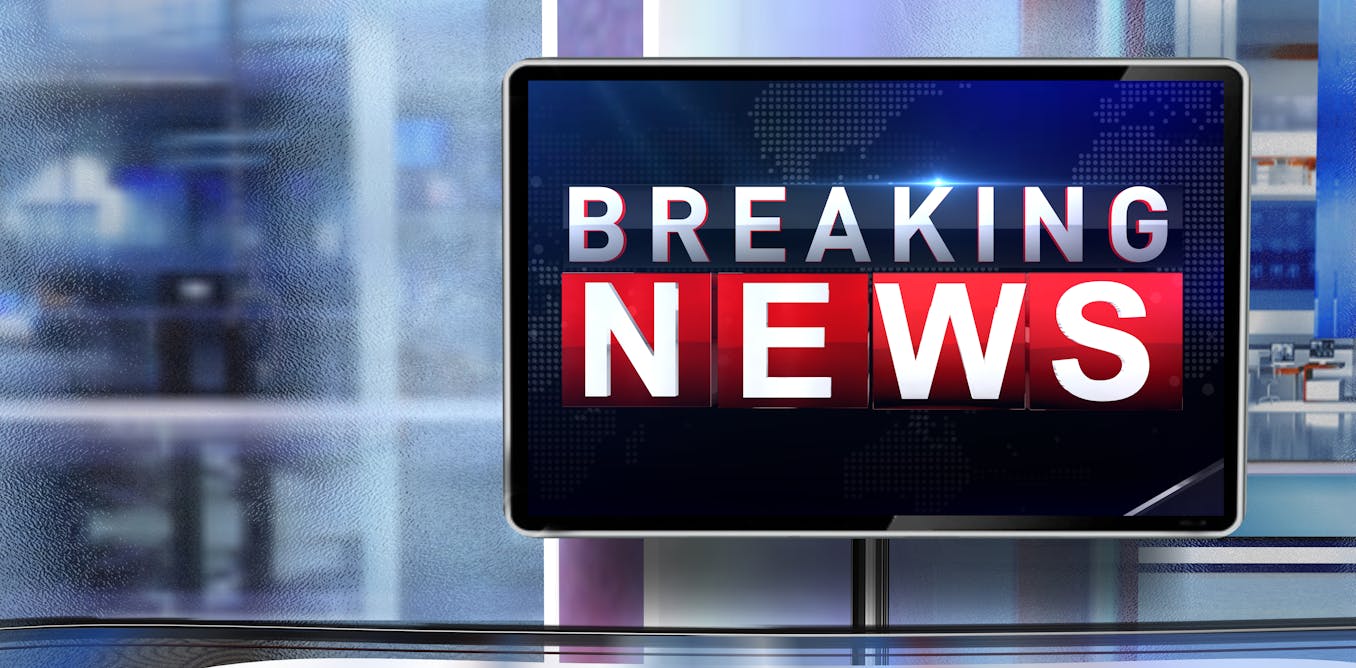
How you can tell propaganda from journalism − let’s look at Tucker Carlson’s visit to Russia
Tucker Carlson’s sycophantic interview with Russian dictator Vladimir Putin, and his subsequent praise for Russia’s subways, supermarkets and cheeseburgers, was not journalism. It was propaganda.
The Conversation > Journalism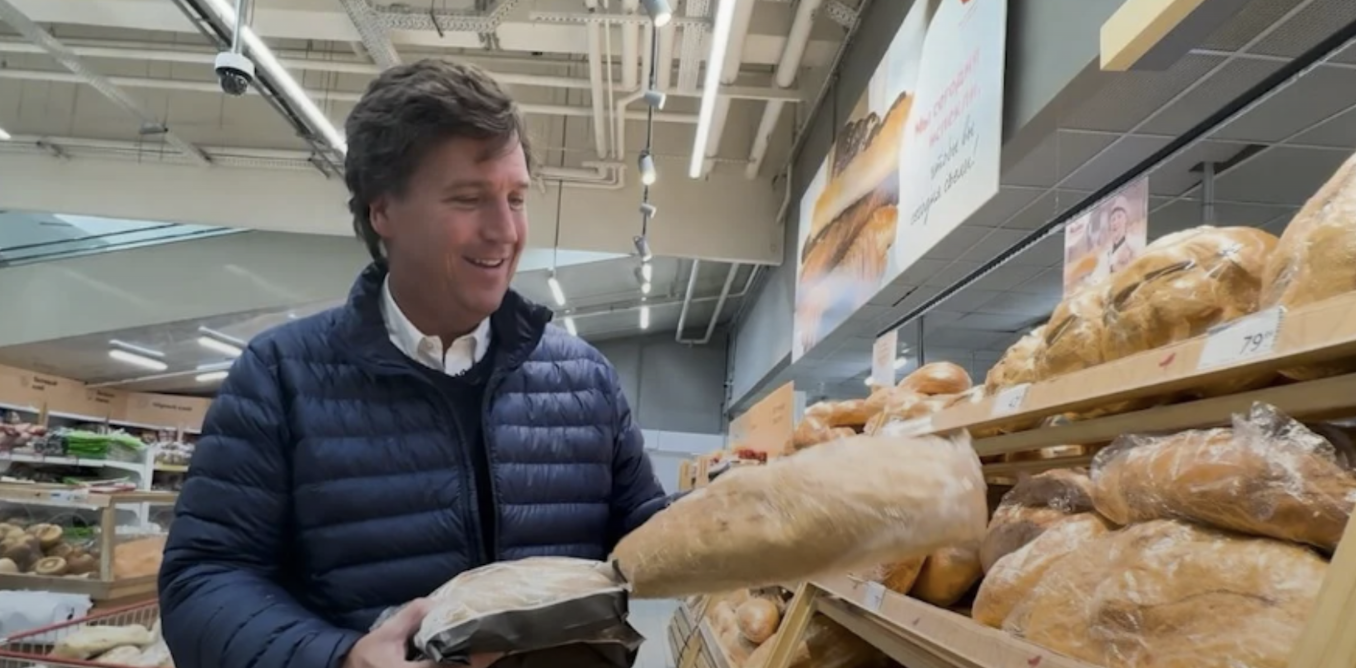
Australian media’s Instagram posts on Gaza war have an anti-Palestine bias. That has real-world consequences
Language has been dubbed “the covert operations of war”, such is the power it holds in shaping public opinion. Here’s what we found about the way Australian media has been framing the conflict.
The Conversation > Journalism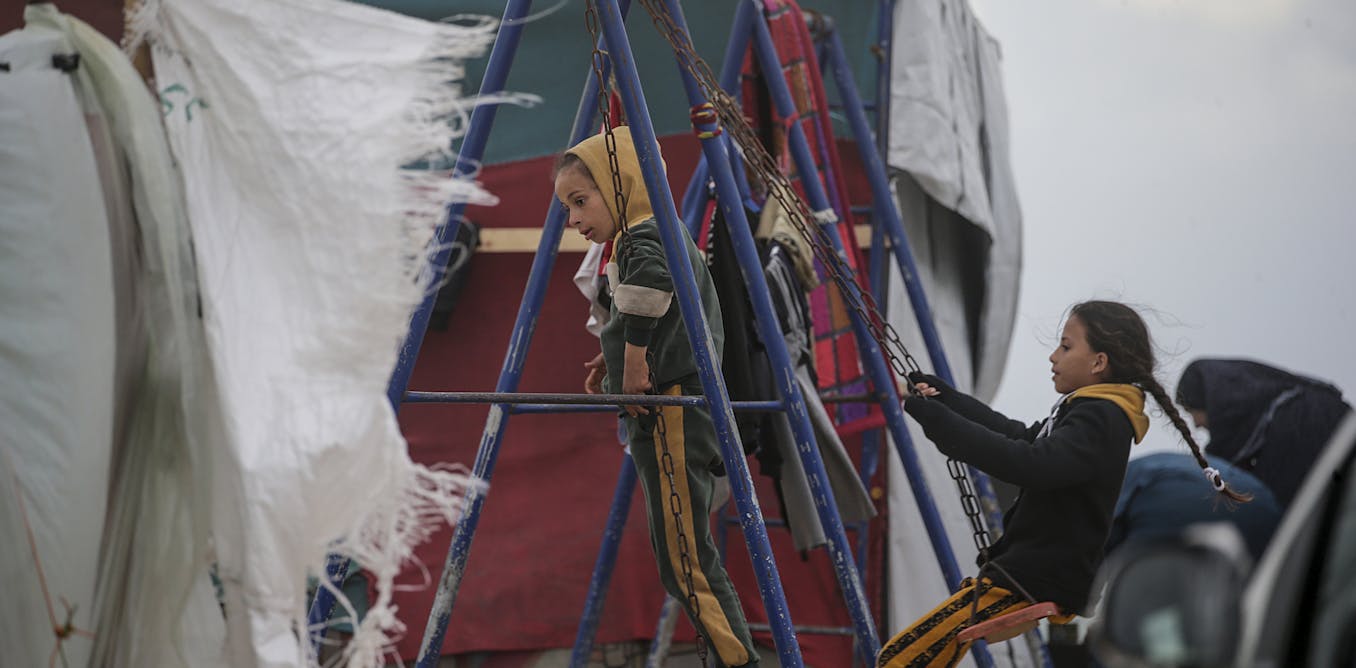
Three trailblazing women in media who've been forgotten – until now
Mae D Huettig, Romana Javitz and Shirley Graham DuBois were instrumental in their respective media fields but very few of us will be aware of their individual contributions.
The Conversation > Journalism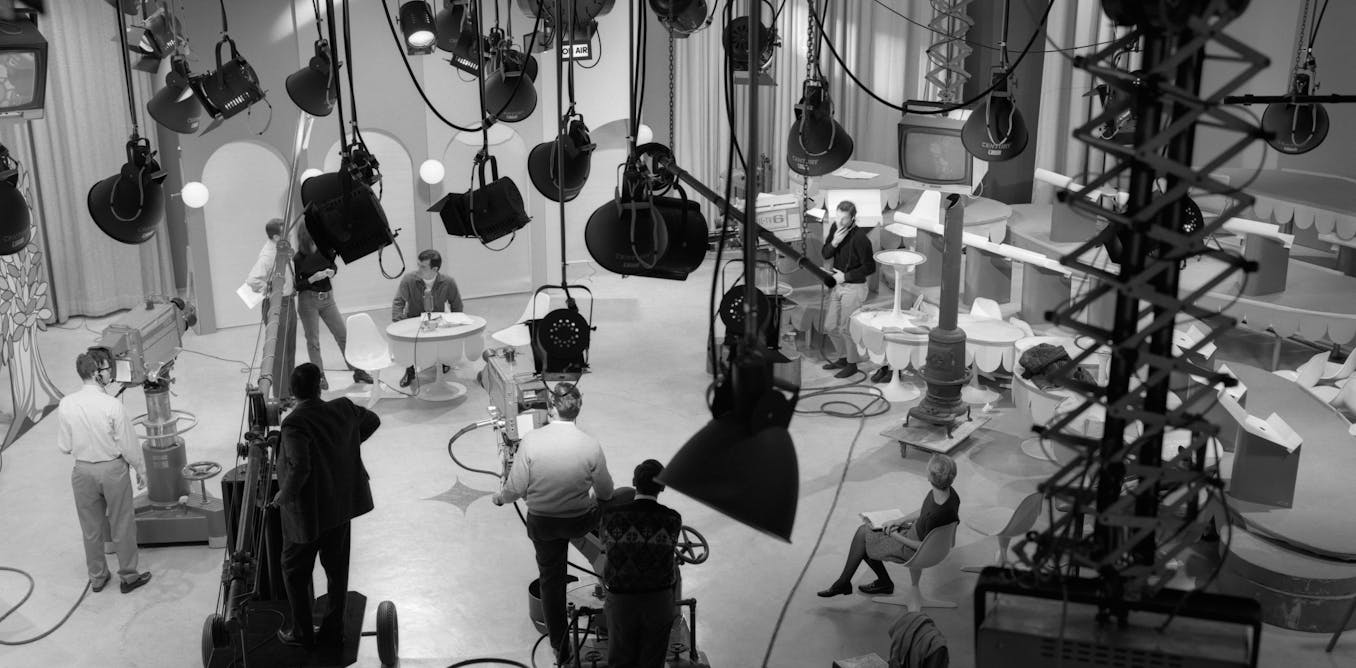
Simulations with actors prepare journalism students to interview trauma survivors
Developing trauma-aware interview skills is part of teaching students how to ethically and sensitively report on traumatic events, and learn how to take care of their own mental health and well-being.
The Conversation > Journalism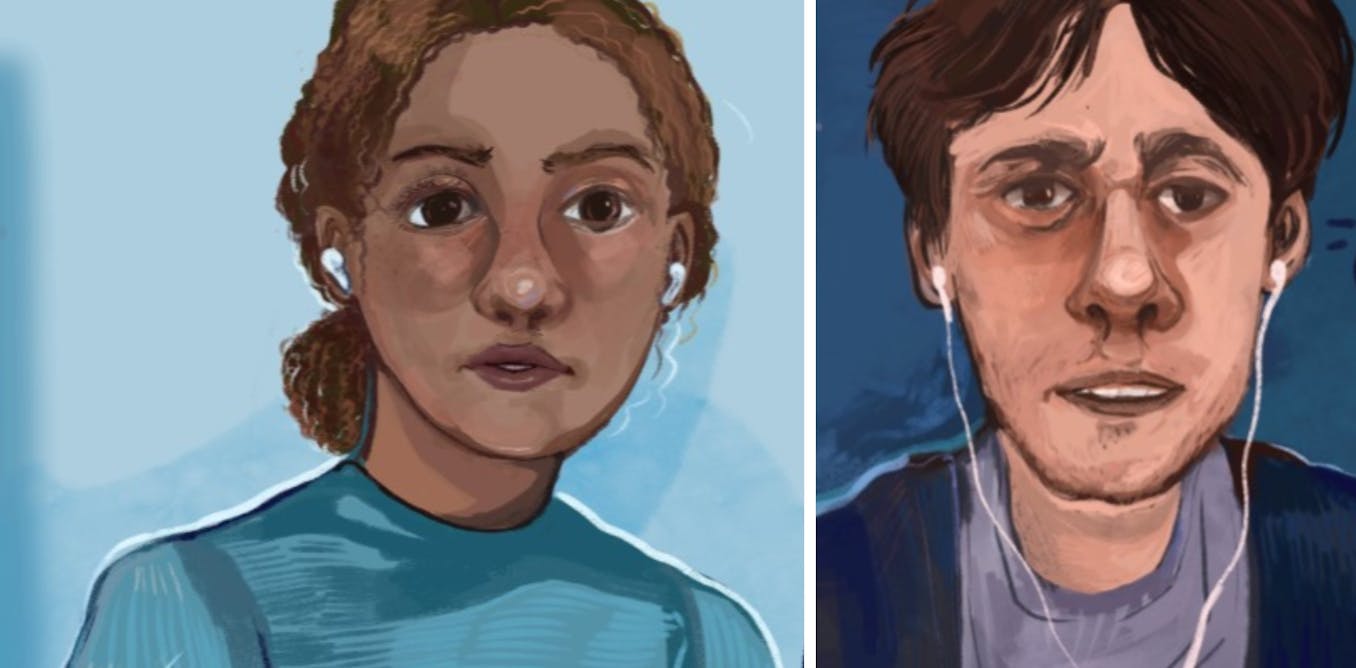
Israel now ranks among the world’s leading jailers of journalists. We don't know why they're behind bars
New statistics show a spike in the amount of journalists jailed in the country. To protect its democracy, Israel needs to be transparent about why members of the media are arrested.
The Conversation > Journalism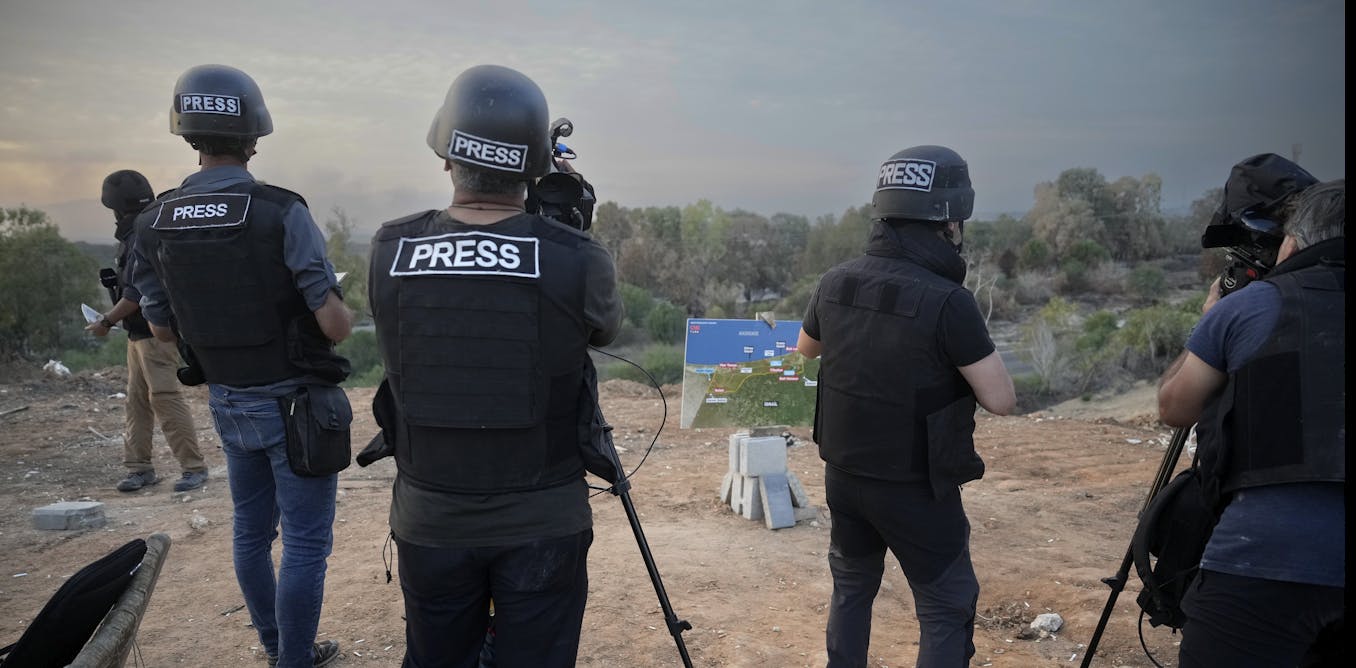
Annie Nightingale: DJ, author, presenter, mother. Raver extraordinaire.
What is remarkable about Annie Nightingale is that she renewed her specialism with each new musical scene.
The Conversation > Journalism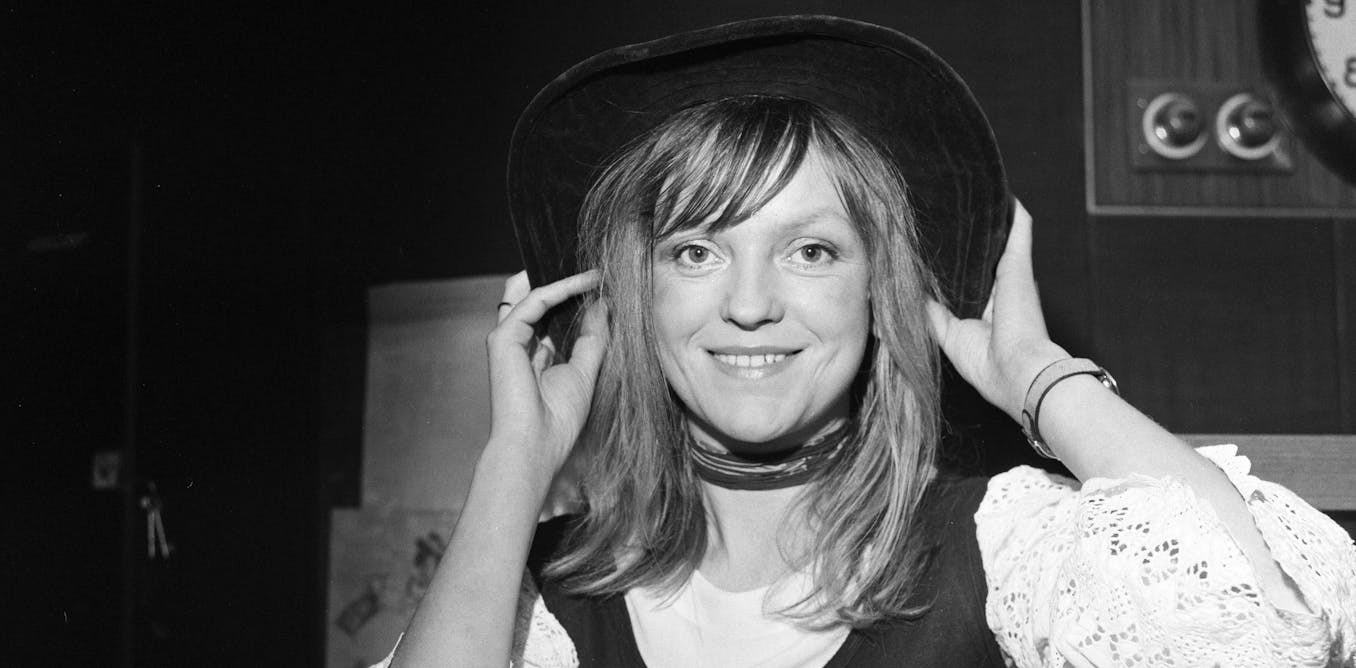
Misinformation: how fact-checking journalism is evolving –and having a real impact on the world
Artificial intelligence is likely to make the ‘fake news’ problem worse. But it can also be used to help us counter misinformation.
The Conversation > Journalism
Pundits: Central to democracy, or partisan spewers of opinion who destroy trust
Pundits are everywhere, giving their analyses of current events, politics and the state of the world. You’ll hear a lot more from them this election year. Is their rank opinion good for democracy?
The Conversation > Journalism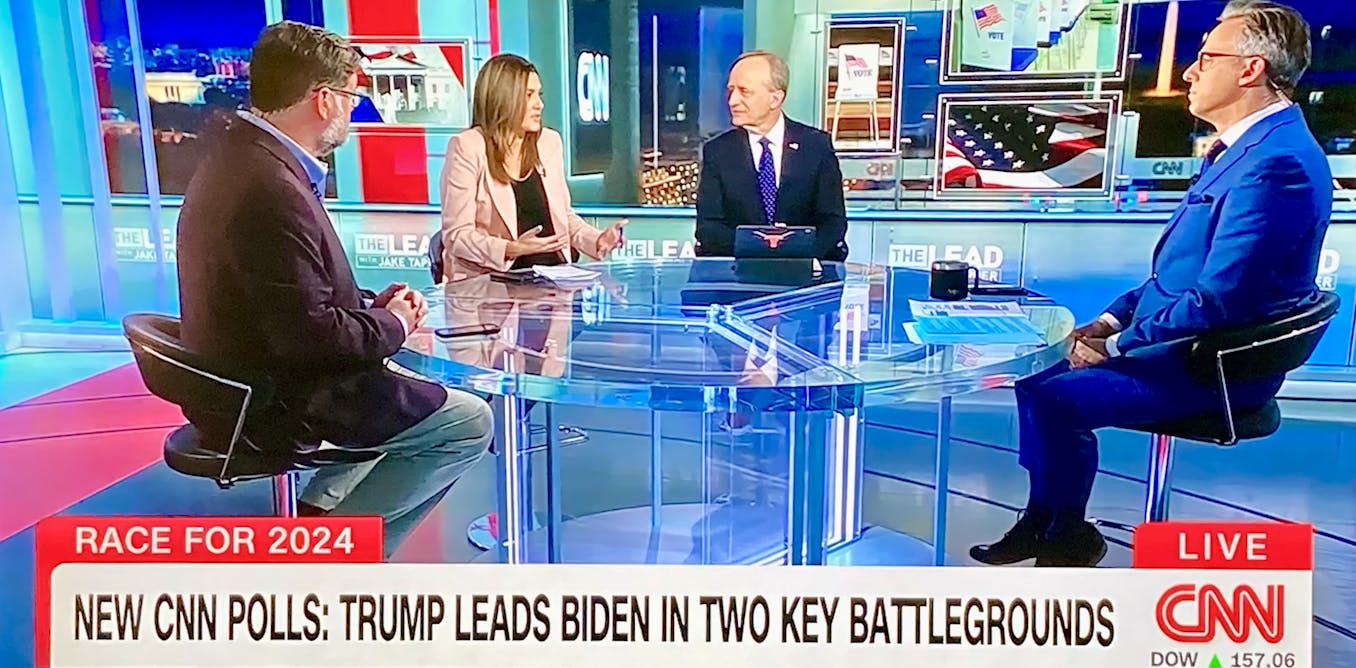
The world has lost a dissenting voice: Australian journalist John Pilger has died, age 84
Pilger inspired many with his willingness to critique the damaging effects on ordinary people’s lives of capitalism and Western countries’ foreign policies. But he also provoked global controversy.
The Conversation > Journalism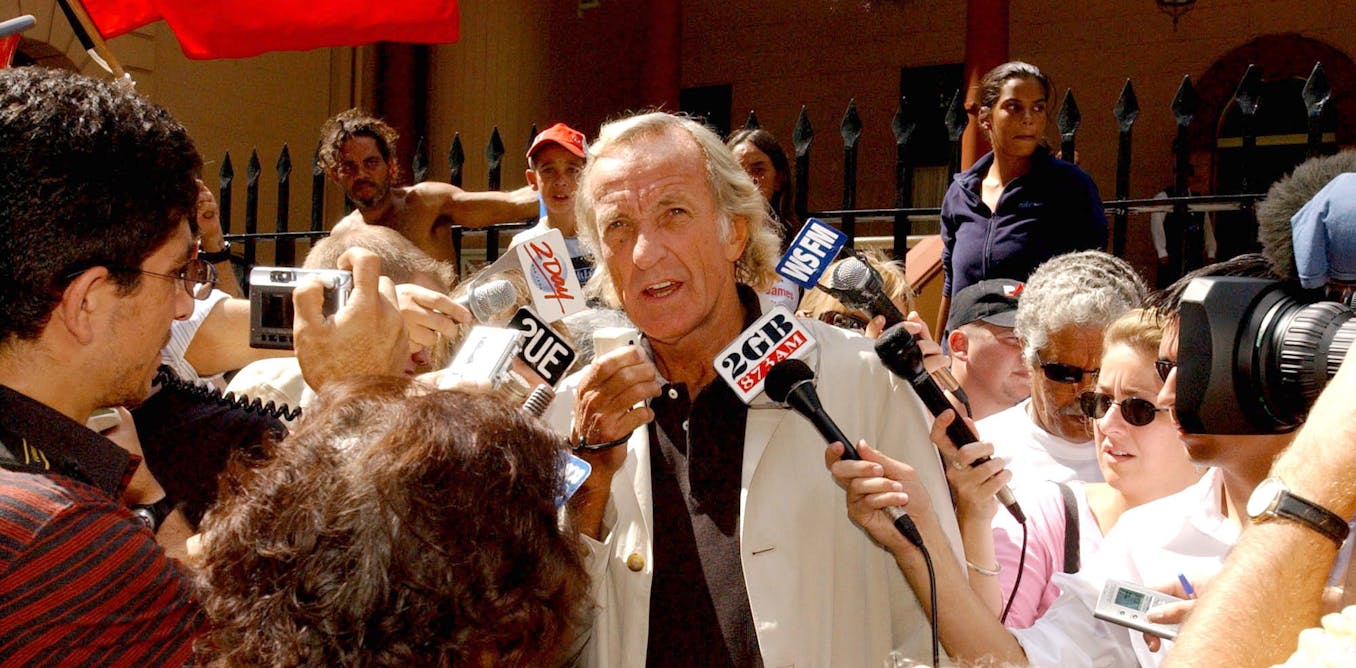
New Zealand newsrooms saw the rise of 'mob censorship' in 2023, as journalists faced a barrage of abuse
New research shows being a woman or part of a minority as a journalist can increase the likelihood of being targeted with online abuse. The waves of abuse can influence who and what gets covered.
The Conversation > Journalism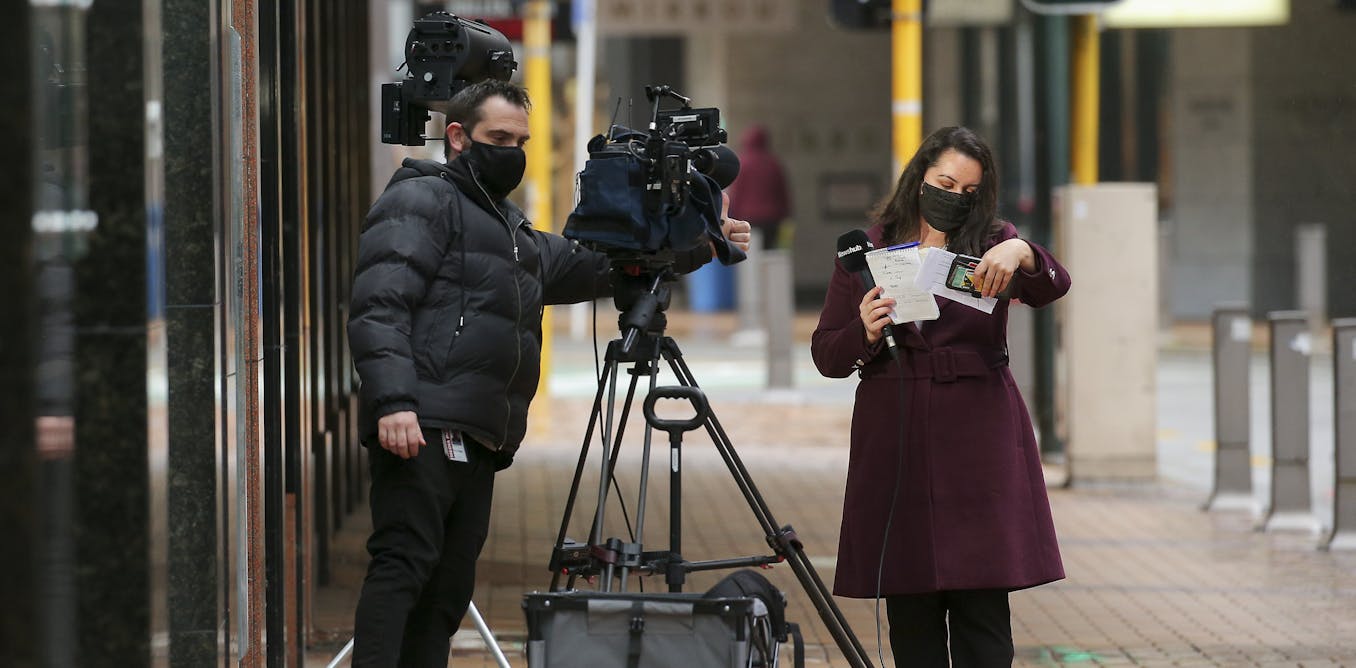
How to improve social cohesion
Real social cohesion comes from the slow and unglamorous work of listening to people carefully, paying them respect and giving them the benefit of the doubt.
The Conversation > Journalism

